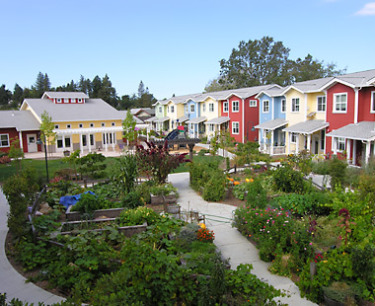we need more earth
/Earth Overshoot Day. Heard of it? I hadn't. Not until very recently. It is the day when, according to the Global Footprint Network, "humanity's annual demand on nature exceeds what Earth can regenerate in that year."
This year, Earth Overshoot Day was 13 August. In 2000, it was during the month of October. It is a record you don't want to continue to break but, notwithstanding the Rio Earth Summit and the "sustainable development" vocabulary that is part of everyday life now, apparently we will.
source: global footprint network
The impact of this ecological overspend, as the Global Footprint Network terms it, is evident to anyone paying attention. Drought. Water shortages. Deforestation. Extreme weather events. As you can guess, humanity's carbon footprint is a significant part of the problem. The irreverent conclusion, therefore, is that we need more earth. China needs 2.7 Chinas. Japan needs 5.5 Japans. Greece needs 2.6 Greeces (as if the country didn't have enough problems already). In fact, we need 1.6 earths to support current collective ecological consumption.
Where is Bermuda in this mix? I would imagine somewhere worse than Japan. Our ecological consumption is going to be higher than our domestic biocapacity - and I make that statement boldly without checking any facts or figures since we import just about everything, and consume much in the way of fossil fuels in the process.
Is change possible? Yes it is. If we, the 'global we' that is, can reduce our carbon emissions 30% by 2030, which is what the Intergovernmental Panel on Climate Change (IPCC) report recommends (see previous blog post), we can push Earth Overshoot Day back to 16 September (Global Footprint Network press release).
While that's not balanced, it's better. We need better because there is no more earth.





